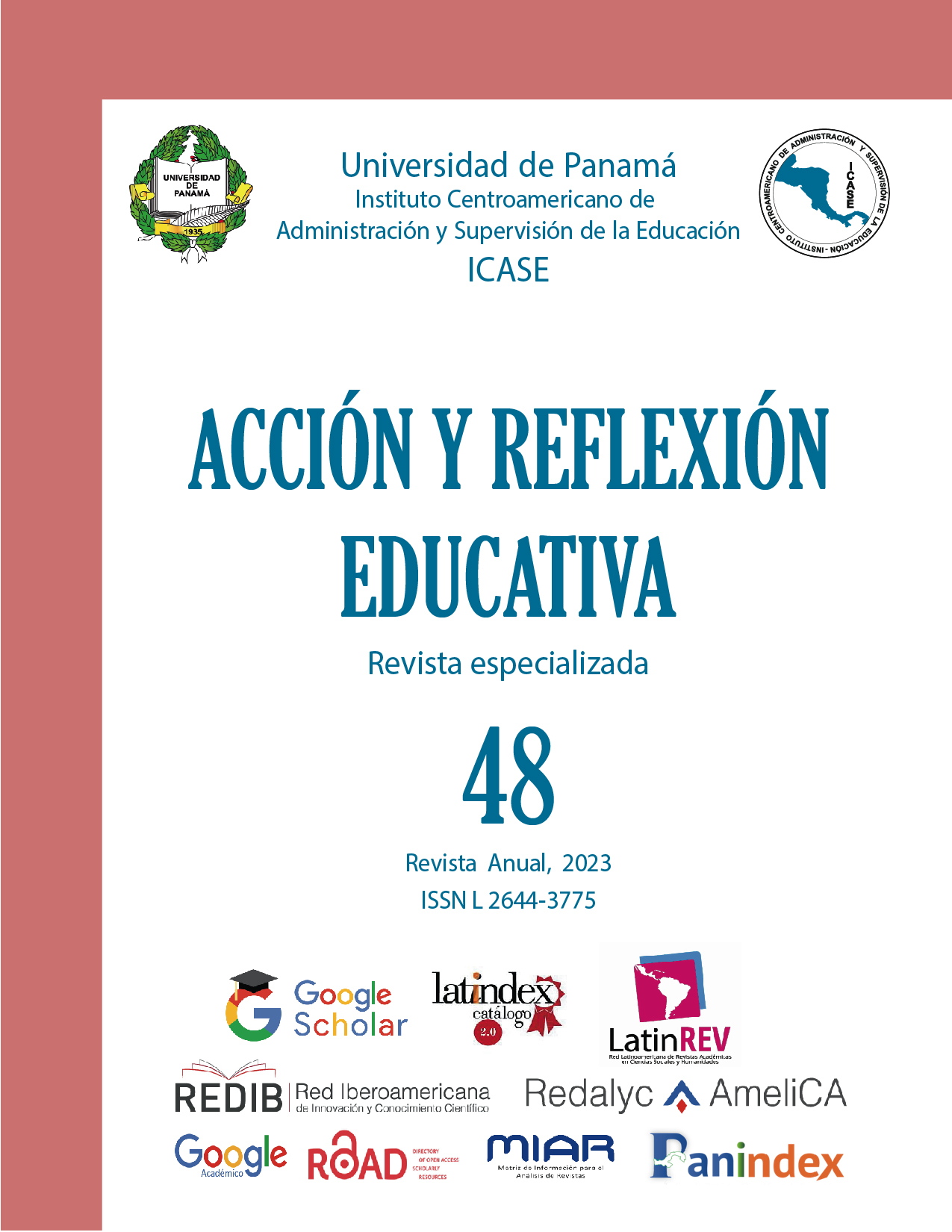


This work is licensed under a Creative Commons Attribution-NonCommercial-ShareAlike 4.0 International License.
The purpose of this work was to evaluate a learning environment designed at the microcurricular level, to achieve environmental auditor competencies in students graduating from the Risk Prevention engineering career at the University of Panama, combining in a hybrid environment Flipped Classroom techniques, Learning Based on Collaborative Projects (ABPC) and asynchronous work with the e-educational platform, during the development of real environmental audit exercises in the cafeterias of the university campus. It is a Case Study with the entire enrollment (n=32) of the subject of Industrial Environmental Pollution (2017). The evaluation was carried out from the reflection of the students on the scope of competences that are required of environmental auditors, and to what extent the environmental tools allowed this scope. A Semantic Differential Analysis of decoded opinions from a consultation forum was used, later validated with an online survey. According to the results, the students perceived that they achieved a combination of knowledge, techniques, and skills, which are critical competencies for an environmental auditor, and that all the tools used in the environment contributed to this achievement.